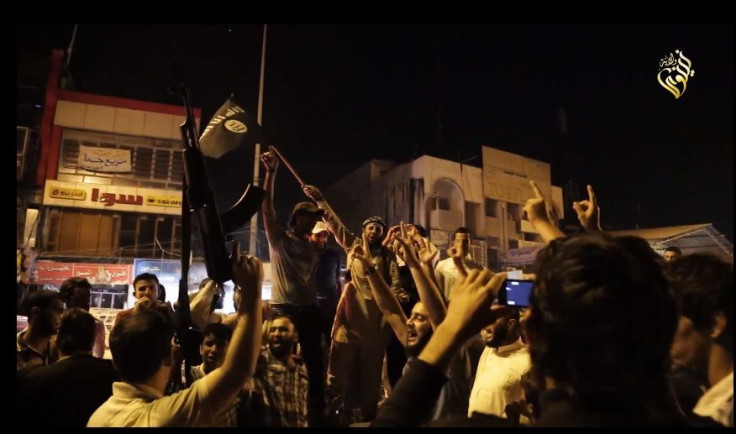ISIS Bans Import, Sales Of Iranian Goods In Ramadi, Iraq

Leaders of the Islamic State group in the western Iraq city of Ramadi said on social media Monday that the group had banned the import and sale of Iranian goods. The statement said that grocers in Ramadi could finish selling Iranian goods already in stock, but could not replenish their supplies of the merchandise.
The statement came just weeks after the Islamic State group captured control of Ramadi, routing Iraqi government forces supported by American airstrikes. ISIS forces are now on the verge of dominating Anbar province, with effective authority over a lucrative trade route connecting its territory in Syria to the outskirts of Baghdad.
The ban on Iranian goods in Ramadi is part of an attempt by the Islamic State group, also known as ISIS or ISIL, to implement its own laws in the area that it controls. ISIS has implemented governing systems like the one in Ramadi in most of the cities it claims in Iraq and Syria. It provides food programs, trash pickup and educational services for children. It also has its own governing structures and laws implemented in local municipalities.
The ban on Iranian goods is in response to Iran's intervention in Iraq. Iran is funding the Shiite volunteer military groups in the country that are fighting the Sunni militant group. Iran has also sent some of its own soldiers in the Revolutionary Guard to fight ISIS in Iraq.
Iran's Trade and Development Organization said last year that Iran's exports to Iraq exceeded $2.7 billion in the first seven months of 2014. As of last year, exports of engineering and technical services to Iraq from Iran reached $400 million.
Last month, Davoud Keshavarzian, Iran's deputy minister of roads and urban development, said that Iran exports $6 billion in goods to Iraq annually, according to local media reports.
© Copyright IBTimes 2024. All rights reserved.





















